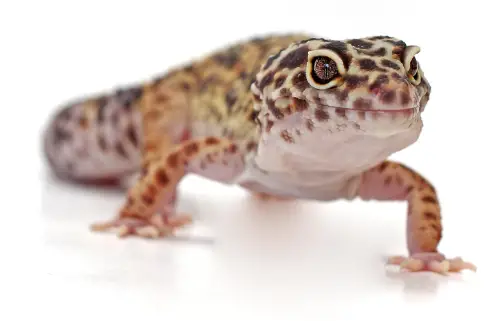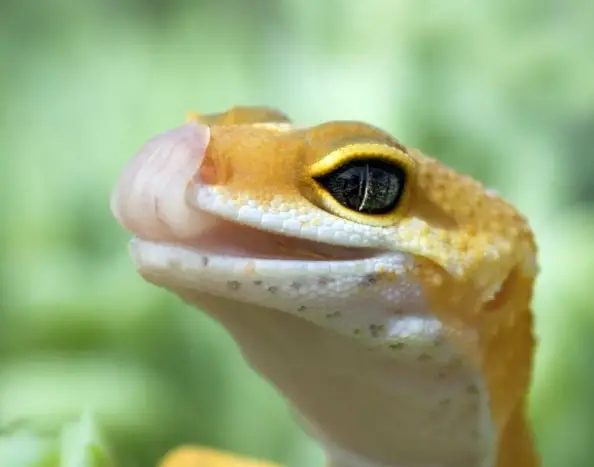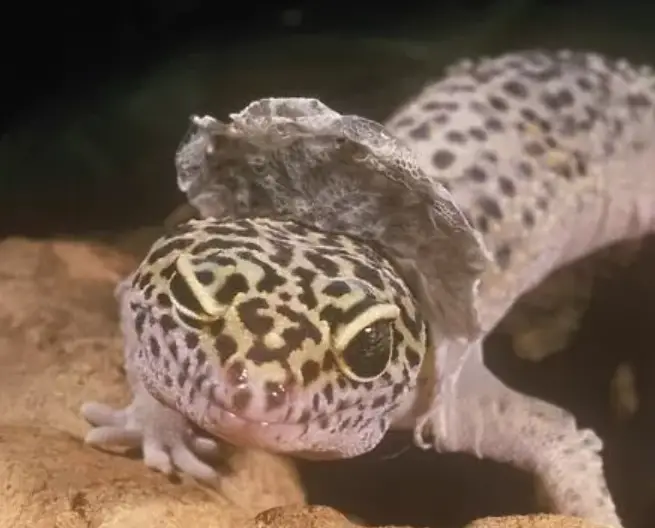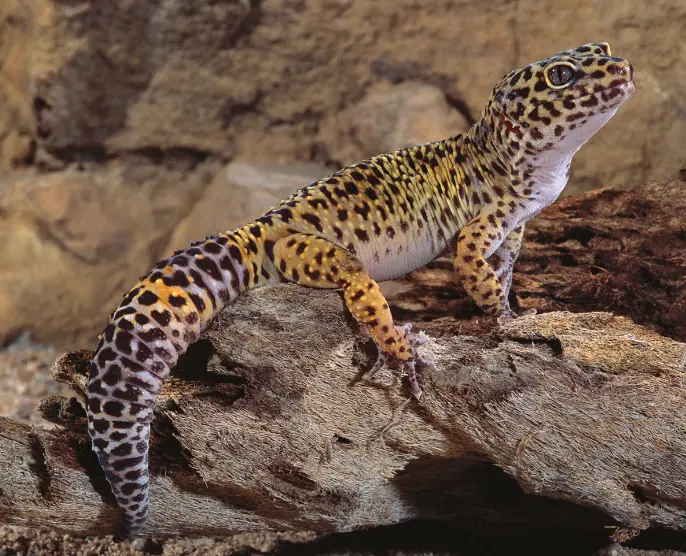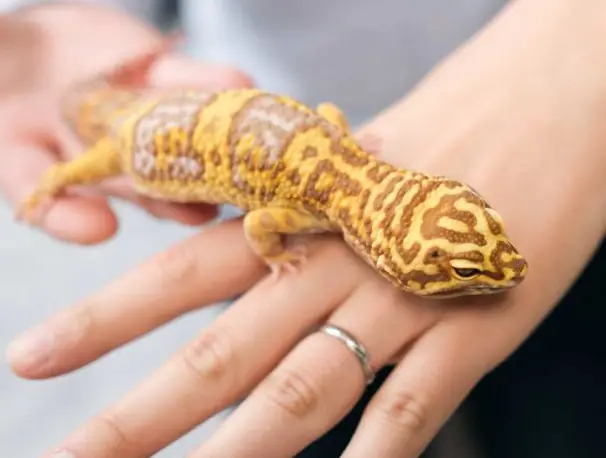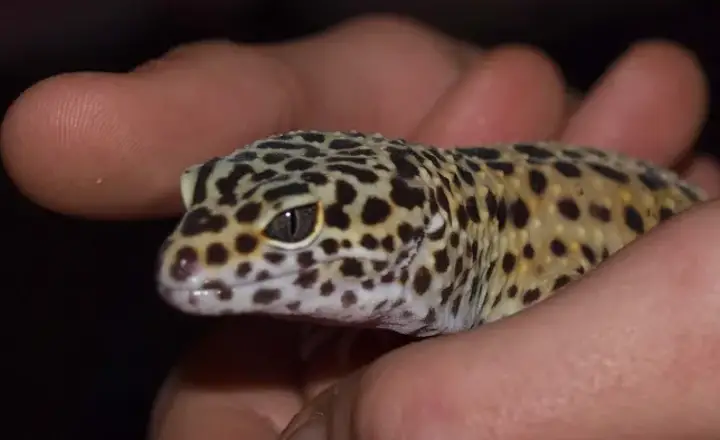Leopard geckos are one of the most popular reptile pets due to their docile nature and ease of care. However, like all living creatures, they can fall ill from time to time. To ensure your leopard gecko stays healthy and happy, it’s important to know the signs of illness and seek veterinary attention when necessary. In this article, we’ll explore how to tell if your leopard gecko is sick and what you can do to help.
Physical Signs of Illness
Sub Headline: How to Check Your Leopard Gecko for Physical Symptoms
One of the most obvious ways to tell if your leopard gecko is sick is by observing physical symptoms. Here are a few things to look for:
- Lack of appetite – If your leopard gecko has lost its appetite or is eating less, this could be a sign of illness. Keep in mind that leopard geckos often refuse food during times of stress or molting, so it’s best to observe your pet’s eating habits over a period of time to determine if this is a cause for concern.
- Changes in weight – If your leopard gecko has lost weight, this could be a sign of illness or parasites. If you have a scale, weigh your pet regularly to monitor changes in weight.
- Skin problems – Leopard geckos can develop skin infections or parasites, which can cause redness, swelling, and scabs. Check your pet’s skin regularly to make sure it looks healthy.
- Breathing problems – If your leopard gecko is breathing heavily or rapidly, this could be a sign of respiratory infections or other health issues.
- Discharge from the mouth or nose – Discharge from the mouth or nose could indicate a respiratory infection or other health problems.
- Abnormal behavior – If your leopard gecko is inactive, hiding, or not moving around as much as usual, this could be a sign of illness or stress.
Environmental Factors
Sub Headline: How Your Leopard Gecko’s Environment Can Affect its Health
In addition to physical symptoms, it’s important to consider your leopard gecko’s environment when determining if it is sick. Here are a few things to keep in mind:
- Temperature – Leopard geckos need a specific temperature range in order to stay healthy. Make sure their habitat is at the correct temperature and avoid drastic temperature changes.
- Lighting – Leopard geckos need both UVB and heat lighting to stay healthy. Make sure their habitat has the correct type of lighting and that the lights are positioned correctly.
- Humidity – Leopard geckos need a certain level of humidity in their habitat to stay healthy. Monitor the humidity levels in your pet’s enclosure and make sure they are within the recommended range.
- Diet – A proper diet is essential to your leopard gecko’s health. Make sure they are eating a balanced diet that includes live insects, calcium supplements, and water.
- Housing – Make sure your leopard gecko’s enclosure is large enough for them to move around freely, has proper ventilation, and is cleaned regularly.
What to Do If Your Leopard Gecko is Sick
If your leopard gecko is showing signs of illness, it is important to take prompt action to ensure its health and well-being. Here are the steps you should take:
Observe your leopard gecko carefully: Look for any changes in behavior, eating habits, skin condition, and overall appearance. This will give you a better idea of what might be wrong with your pet.
Keep your leopard gecko in a warm and humid environment: Leopard geckos are native to warm, arid regions, and they need a warm and humid environment to maintain their health. If your pet’s environment is too cold or too dry, it can weaken its immune system and make it more susceptible to illness.
Offer a balanced diet: Leopard geckos need a balanced diet of live insects and fresh vegetables to maintain their health. If your pet is not eating or drinking properly, this could be a sign of illness and should be addressed immediately.
Consult with a veterinarian: If your leopard gecko is showing signs of illness, it is important to consult with a veterinarian who specializes in reptiles. A veterinarian can diagnose the problem and recommend appropriate treatment.
Follow the veterinarian’s instructions carefully: If your leopard gecko is prescribed medication or a special diet, it is important to follow the veterinarian’s instructions carefully to ensure its health and well-being.
Keep the environment clean: Regular cleaning and disinfection of your leopard gecko’s environment can help prevent the spread of illness and keep your pet healthy.
Conclusion
In conclusion, it is important to monitor the health of your leopard gecko regularly. By observing its behavior, skin and body condition, appetite, and excrement, you can detect any signs of sickness and seek medical attention promptly. Regular check-ups with a veterinarian and proper husbandry practices can also help prevent and minimize the risk of illnesses in your leopard gecko. Taking care of your pet’s health is a crucial aspect of pet ownership and should not be taken lightly.
